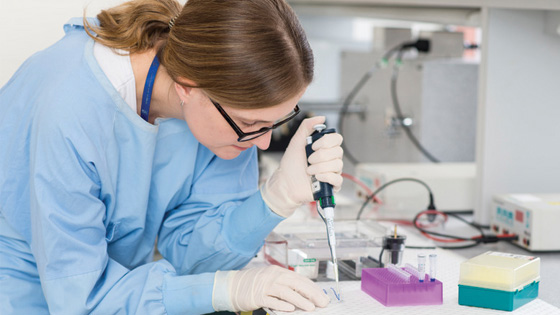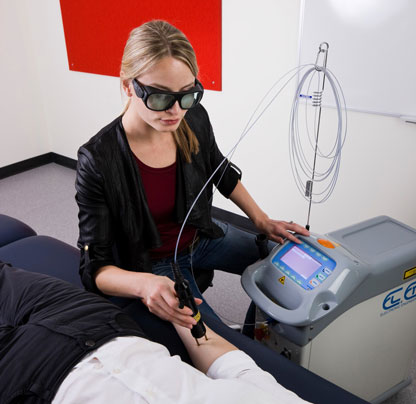
Dr Gabrielle Todd, Senior Lecturer in Neuroscience
The use of methamphetamine or ‘ice’ in South Australia has doubled in the past four years, with the latest National Wastewater Drug Monitoring Program Report showing there were more than 500 standard doses of methamphetamine each week per 1,000 people in December 2016.
The long-term effects of this steady increase in the use of methamphetamine are not yet known but research has revealed a concerning similarity between the brains of young methamphetamine users and older people who have been diagnosed with Parkinson’s disease.
To try and find some answers the Fay Fuller Foundation is investing more than $230,000 in University of South Australia Senior Lecturer, Dr Gabrielle Todd, and her colleagues’ investigations into the long-lasting effects of methamphetamine on the brain regions that control movement.
“Brain scans show that the appearance of a movement-related brain region, called the substantia nigra, is abnormally bright and enlarged in methamphetamine users and in patients with Parkinson’s disease,” Dr Todd says.
“The abnormality is a well-established risk factor for Parkinson’s disease and is used to help diagnose the disease in other parts of the world so it’s very concerning to see this abnormality in young people that use methamphetamine.
“Of even greater concern, is that young methamphetamine users already show changes in the way that they move, and some of these changes resemble those that occur with Parkinson’s disease.”
Young methamphetamine users may have no idea about the long-lasting health consequences of their drug use.
“The risk is not just related to heavy methamphetamine use, we are seeing movement and brain changes in young people who may have only taken the drug as few as five times,” Dr Todd says.
“Knowledge is a powerful tool and raising awareness about the link between methamphetamine use and the way that we move may help discourage young people from using this drug.”
The funding from the Fay Fuller Foundation will allow Dr Todd’s team to study the link between methamphetamine use and impaired movement and determine if this health consequence can form the basis of an effective preventative message.
CEO of the Fay Fuller Foundation, Stacey Thomas, says the organisation funds initiatives that improve the health related outcomes of South Australians over the long-term and considers the doubling of methamphetamine use in SA since 2012 to be very concerning.
“The impact these drugs have on the futures of young people, let alone on their families and the socioeconomic wellbeing of our community has led us to invest in this important area of health for South Australians,” Thomas says.
“The Fay Fuller Foundation has recently committed more than $2 million in research and project funding to improve health outcomes for South Australians.
“We are thrilled at the opportunity to partner with UniSA and Dr Todd and her team on this important project that could be a key to reducing the impact of drugs in our community.”
For more information about the Fay Fuller Foundation please visit www.fayfullerfoundation.com.au
Project details:
The project outcome will be a new evidence-based, ready-to-use health message that increases community knowledge of the long-lasting consequences of methamphetamine use, changes attitudes towards methamphetamine, and discourages use of the drug in young people. This will be achieved with a four step approach:
Step 1: Measure existing knowledge of and attitudes to the long-lasting consequences of methamphetamine use on health.
Step 2: Measure the types of movement changes that occur as a result of use of methamphetamine and how common these changes are among methamphetamine users.
Step 3: Create the new health message to inform young adults about the long-lasting consequences of methamphetamine use on movement, in collaboration with drug and alcohol treatment service providers, researchers that specialise in methamphetamine-related harm and prevention, Parkinson’s South Australia, and a marketing and communications company.
Step 4: Test the effectiveness of the new health message in improving knowledge about the long-lasting consequences of methamphetamine use.

100% of your gift will go directly to support health research at UniSA - there are no administration fees, no overheads and no hidden costs.
Support our researchers continue their work in preventing illness, improving health systems and services, creating more effective therapies, and advancing health equality.
